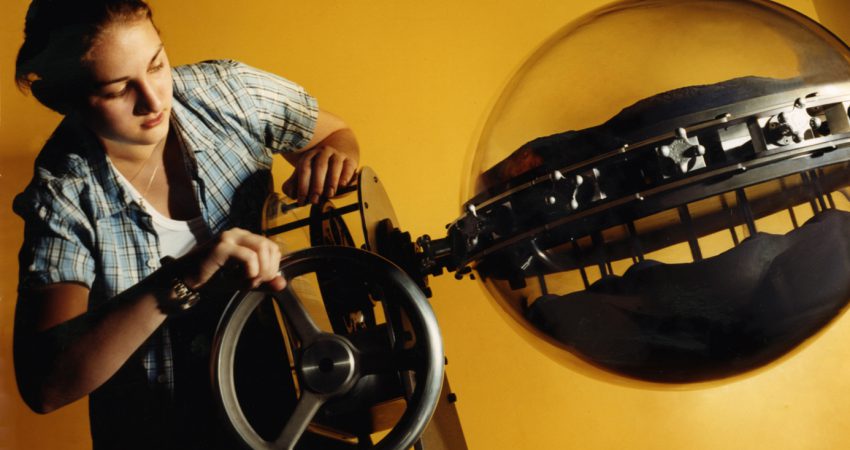
By Giovanna Scalone - June 2011
PAPER CITATION
Minner, D.D., Levy, A.J., & Century, J. (2010). Inquiry-based science instruction – what is it and does it matter? Results from a research synthesis years 1984 to 2002. Journal of Research in Science Teaching, 47(4), 474–496.
WHY IT MATTERS TO YOU
The results of this study can guide ISE educators’ incorporation of inquiry-based instruction into programs for students and teachers.
This paper synthesizes almost two decades of studies of inquiry-based science instruction. Findings show that students’ learning gains increase when teachers emphasize a student-centered approach.
The authors analyzed 138 studies where the goal was to encourage teachers to use scientific inquiry in their instruction as a means to advance students’ understanding of scientific concepts and procedures. The studies in this synthesis, from 1984 to 2002, were conducted in the United States in typical K-12 classroom settings with a regular classroom teacher, where the content categories included physical science, life science, and earth/space science.
The authors characterized inquiry science instruction as involving student engagement with science content through some part of the investigation cycle, and student responsibility for learning or student active thinking. The 138 studies selected were classified as experimental (30), quasi-experimental (35), or non-experimental (73) research designs. Only 34% of the selected studies were regarded as having high methodological rigor, which may have implications for validity. Results revealed that the majority of studies (51%) had positive impacts on student content learning and retention. This was illustrated when there was an emphasis on teaching the investigation cycle (i.e., generating questions, designing experiments, collecting data, drawing conclusions, and communicating findings). Five of six comparative studies in this synthesis that analyzed the effect of active engagement with phenomena concluded that there was improvement in student conceptual learning from instruction that emphasized hands-on activities and had higher levels of inquiry-based teaching practices. Of these six studies, there was an increase in conceptual learning when the focus was more on hypothesis testing and debate.
The authors suggest that future work should be done to determine when inquiry-based practices occur outside an investigative context, and how they compare to the student learning that takes place within the investigation context. This could help practitioners with limited time and resources to determine when to increase emphasis on a student-centered approach or responsibility for learning (decision-making) in their science teaching.
A caveat to this study is that the synthesis included a range of studies that required the development of new mixed-method research tools. The research tools used by the authors did not capture meaningful differences in the selected studies, such as the effects of varying the number of students in work groups. To summarize, this synthesis focused only on student conceptual understanding.




